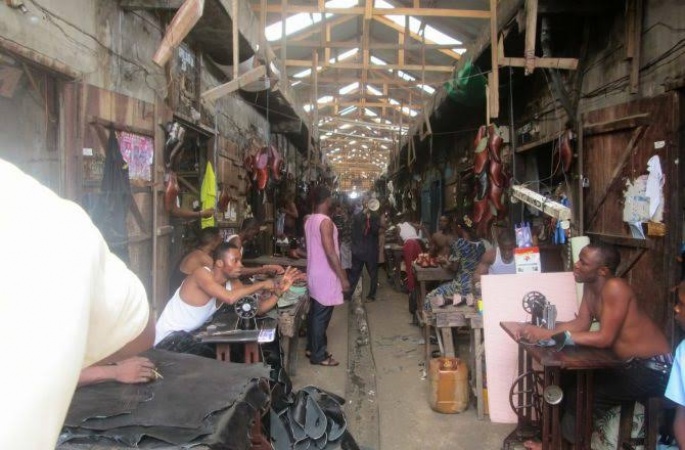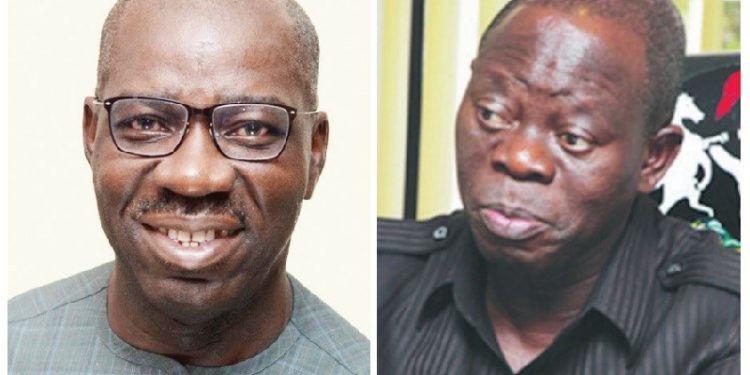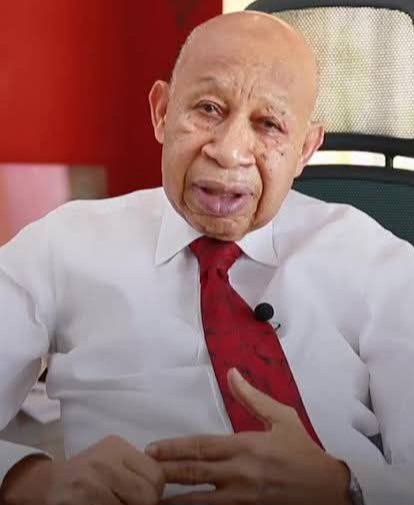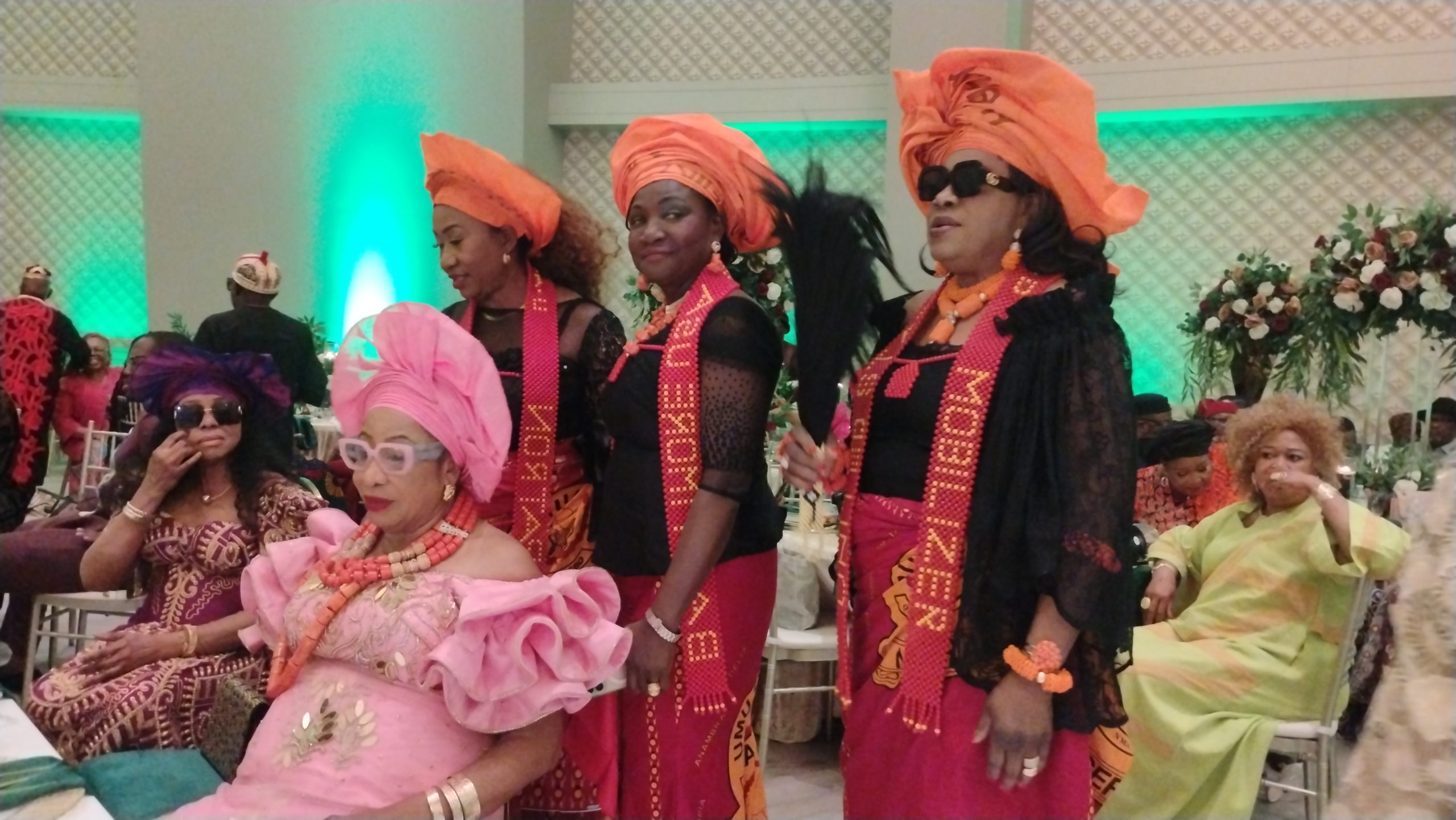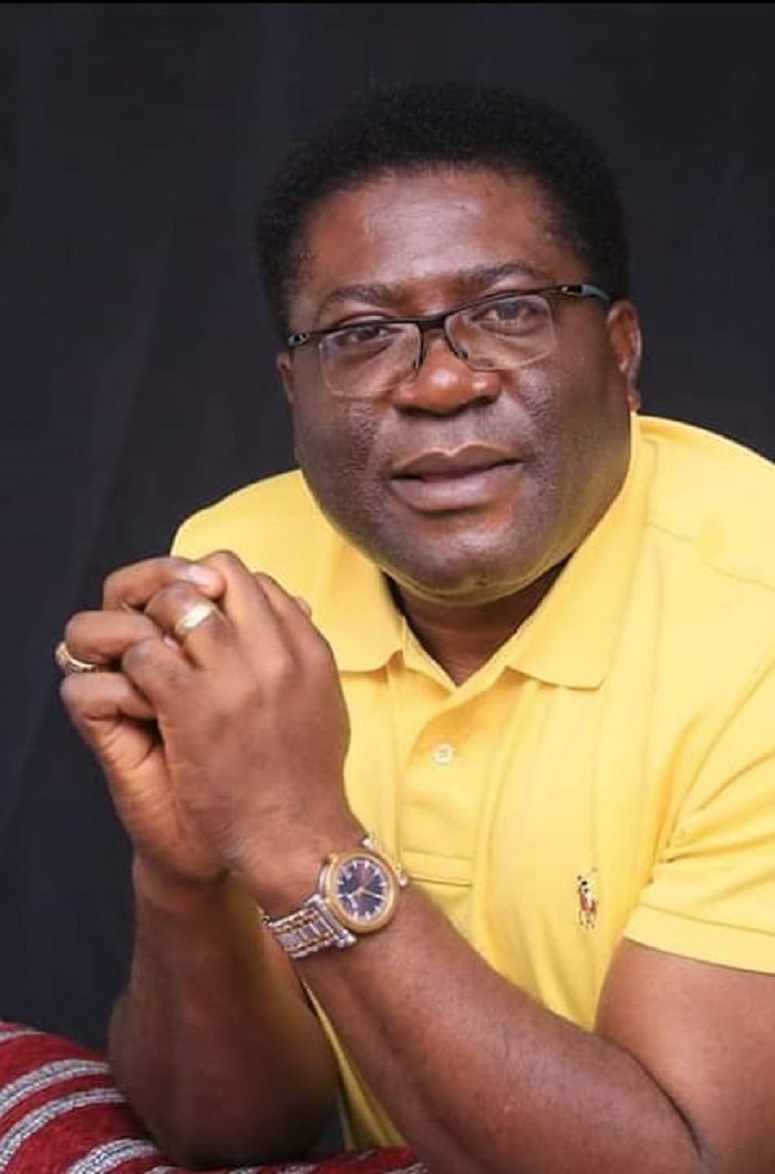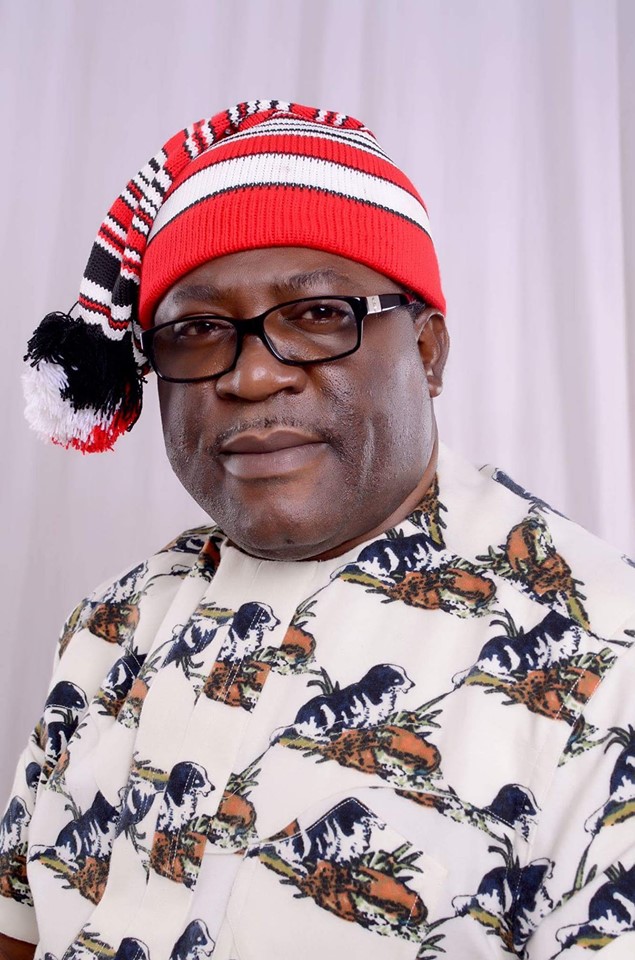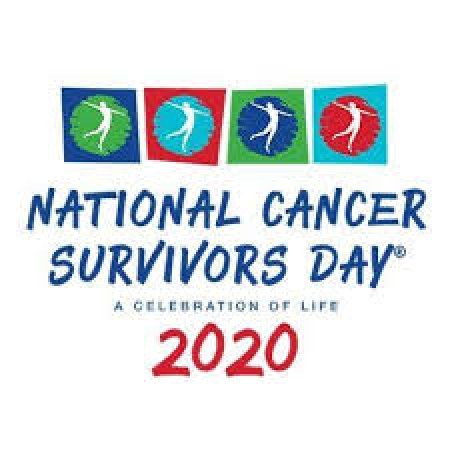
By ABIA NZELU
“Goodness is the only investment that never fails. Those who bring sunshine cannot keep it from themselves.” — Thor
The first Sunday in June every year (Sunday, June 7 in 2020) is known as the International Cancer Survivors Day (ICSD). It is a day set aside to celebrate cancer survivors; appreciate all those who contributed to their survival (the ‘co-survivors’); honor the fallen warriors (those who have succumbed to cancer) whilst raising awareness on the ongoing challenges facing cancer survivors. A cancer survivor is a person who has a history of cancer, from the time of diagnosis through the remainder of life. There are currently 43.8 million cancer survivors worldwide.
THE BAD NEWS: according to WHO, Non-Communicable Diseases (NCDs) are now responsible for over 70% of global deaths (killing 41 million people) each year, with cancer being a leading cause of death and the single most important barrier to increasing life expectancy in every country of the world in the 21stcentury.
The current COVID-19 pandemic has been unforgiving on people living with NCDs and has compounded the challenges faced by cancer survivors, who are at higher risk of severe COVID-19-related illness and death. Although this impact of COVID-19 is global, developing countries are worse hit. In Nigeria, COVID-19 poses a uniquely quadruple jeopardy for cancer patients – firstly, the increased susceptibility of cancer patients to COVID-19; secondly, the dearth of infrastructure for cancer care; thirdly, restriction on medical tourism due to the lockdown; and finally, the diversion of scarce resources towards addressing the COVID-19 crisis.
THE GOOD NEWS (WHO): one-third of cancer is preventable, another one-third is curable and the last third of cancer patients can have good quality of life with appropriate care. Furthermore, some progress has been achieved in the BIG WAR Against Cancer in Nigeria. The BIG WAR is operated by the National Cancer Prevention Programme (NCPP), an initiative of mass medical mission. In 2007, NCPP pioneered community mass cancer screening in Nigeria. This relentless campaign has contributed to a reduction in Nigeria’s cancer mortality, from 240 deaths daily to 193 deaths daily between 2008 and 2018; with an improvement of cancer mortality from 4 in 5 to 2 in 3 (WHO data).
To scale up this progress, a system of preventive health care has been set up using Mobile Cancer Centres (a.k.a. the PinkCruise). The PinkCruise is complemented by other mobile units, viz: mobile eye unit (aka PinkVISSION where “VISSION” stands for Voluntary Integrated Sight Saving Initiative of Nigeria) and mobile dental unit (aka PinkDentist). These mobile units are deployed for free health campaigns, targeted mainly at the under-privileged.
The fund-raising aspect of the BIG WAR is undertaken by ↑↓GivingTide International, an initiative for promoting concerted philanthropy. There is an urgent need to consolidate on the strides already gained in the BIG War, by establishing Comprehensive Cancer Centres (CCC) in Nigeria. A CCC is a tertiary health institution, with all departments focused on cancer care. It is a source of great sadness and shame that while India has over 200 CCC (most of which are philanthropy-funded non-profit institutions), Nigeria has none. Consequently, Nigerians now spend over one billion dollars on foreign treatment annually, an amount sufficient to establish twenty (20) CCC every year. Unfortunately, most Nigerians who go abroad for treatment end up dying often because of late diagnosis and delay in intervention. Moreover, unforeseen situations (such as the COVID-19 lockdown) may make it impossible to go on medical tourism, even if one could afford it. This dependence on foreign treatment is unsustainable and has to stop.
Tragically, in spite of this glaring deficiency in the healthcare infrastructure, Nigeria’s 2020 budget has been revised, with a cut in health budget by 42.6%. This is in sharp contrast to what obtains in several other countries where the health budgets have been increased, to integrate NCD services into their national COVID-19 plans.
International Cancer Survivors Day is an opportunity to rally support for the establishment of world-class infrastructure for optimal cancer care. We should take a cue from the lessons of the COVID-19 pandemic which has proven that keeping the citizens healthy from preventable NCDs is not simply about a choice to invest in health, but an investment in a country´s economic stability and security, and is an indicator of pandemic preparedness in the future.
This was emphasised at the 73rd World Health Assembly, in May, 2020. According to Dr. Tedros Ghebreyesus, Director-General of WHO, “It’s vital that countries find innovative ways to ensure that essential services for NCDs continue, even as they fight COVID-19. We must be ready to “build back better” – strengthening health services so that they are better equipped to prevent, diagnose and provide care for NCDs in the future, in any circumstances.”
In line with this clarion call, we must all unite in spite of the COVID-19 crisis, to escalate the reach of the existing mobile preventive health system and to establish Nigeria’s first Comprehensive Cancer Centre.
There are various role models around the world from whom we could take inspiration. For example, Sir Dorab Tata (Chairman, Tata Group) established India’s first CCC in 1941. His attention was drawn to the problem by the experience of his wife, Lady Meherbai Tata who had blood cancer, for which she was treated in England. Tata determined to establish similar facilities in India. Today, the Tata Centre treats 70% of its patients free of charge.
Another role model is Mrs. Kiran Mazumdar-Shaw, the main sponsor of one of the largest CCC world-wide which was opened in 2009. The Mazumdar Shaw Cancer Centre (MSCC), Bangalore, named in her honour cost $150 million. It is the fourth cancer centre in Bangalore, a city of 8 million people. Mrs. Mazumdar-Shaw was motivated by the experience of her husband – John Shaw, who was diagnosed of renal cell carcinoma in 2007 and her best friend who died of breast cancer. The MSCC treats poor patients for free in the evenings, so they could continue to work and care for their families during the day. Mrs. Mazumdar-Shaw’s mother was later treated for cancer at the MSCC.
On International Cancer Survivors Day, the whole world stands with all cancer survivors. ↑↓GivingTide International hereby calls on all Nigerians at home and in the diaspora to stand with our compatriots who are cancer survivors, by supporting the drive to establish our nation’s first Comprehensive Cancer Centre.
•Dr. Abia Nzelu can be reached via info@givingtide.org
